Huskies are amazing dogs with striking blue eyes and boundless energy, but they need special care to stay healthy and happy. These beautiful Arctic dogs have unique needs that differ from other breeds, making proper care essential for their well-being.
Understanding how to meet their specific requirements will help your furry friend live a long, active, and joyful life. Here are ten essential tips every husky owner should know.
1. Provide Daily High-Energy Exercise
Built for endurance racing across frozen tundra, your husky needs serious physical activity every single day. A simple walk around the block won’t satisfy this breed’s exercise requirements.
Plan for at least two hours of vigorous activity, including running, hiking, or playing fetch. Without proper exercise, huskies become destructive and may dig holes, chew furniture, or howl excessively.
Consider activities like jogging, cycling with your dog, or visiting dog parks where they can run freely and socialize with other pets.
2. Feed a High-Quality Protein Diet
Working dogs like huskies require premium nutrition to fuel their active lifestyle and maintain their muscular build. Choose dog food with real meat as the first ingredient, avoiding fillers like corn or wheat.
Adult huskies typically need 1,800 to 2,200 calories daily, depending on their activity level and size. Puppies and extremely active dogs may require more calories to support growth and energy needs.
Split meals into two portions to prevent bloating and establish consistent feeding times. Always provide fresh water, especially after exercise sessions or during hot weather.
3. Maintain Regular Grooming Routines
Double-coated huskies shed year-round, with intense shedding periods twice annually called ‘blowing coat.’ Regular brushing prevents matting and reduces loose fur around your home.
Brush your husky at least three times weekly using an undercoat rake and slicker brush. During shedding seasons, daily brushing becomes necessary to manage the incredible amount of fur they lose.
Bathe only when necessary, as frequent washing strips natural oils from their weather-resistant coat. Trim nails monthly and clean ears weekly to prevent infections and maintain overall hygiene.
4. Protect from Overheating in Warm Weather
Arctic breeds like huskies struggle with heat regulation due to their thick double coat designed for sub-zero temperatures. Hot weather can quickly lead to dangerous overheating and heat stroke.
During summer months, exercise early morning or late evening when temperatures are cooler. Provide constant access to shade and fresh water, and consider using cooling mats or vests during outdoor activities.
Watch for signs of overheating including excessive panting, drooling, lethargy, or difficulty breathing. Never leave your husky in a parked car, even with windows cracked, as temperatures can become deadly within minutes.
5. Establish Mental Stimulation Activities
Intelligent and independent, huskies need mental challenges to prevent boredom and destructive behavior. These smart dogs can become quite creative when left with nothing to occupy their minds.
Puzzle toys, treat-dispensing balls, and interactive games keep their brains engaged throughout the day. Rotate toys regularly to maintain interest and introduce new challenges as they master existing ones.
Training sessions, hide-and-seek games, and teaching new tricks provide excellent mental workouts. Consider agility courses or dog sports like sledding or skijoring to combine physical exercise with mental stimulation for optimal engagement.
6. Schedule Regular Veterinary Checkups
Preventive healthcare helps catch potential issues before they become serious problems. Annual wellness exams allow veterinarians to monitor your husky’s overall health and update necessary vaccinations.
Huskies are prone to specific conditions like hip dysplasia, eye problems, and autoimmune disorders. Regular screenings can detect these issues early when treatment is most effective.
Keep vaccination records current and maintain parasite prevention year-round. Discuss appropriate exercise levels, nutrition needs, and any behavioral concerns with your veterinarian to ensure comprehensive care for your active companion.
7. Secure Your Yard with Proper Fencing
Escape artists by nature, huskies are notorious for their ability to dig under, jump over, or squeeze through inadequate fencing. Their wandering instincts make secure containment absolutely essential.
Install fencing at least six feet high with buried barriers to prevent digging. Check regularly for weak spots, loose boards, or areas where your clever husky might attempt an escape.
Never rely on invisible fencing alone, as huskies often ignore shock corrections when motivated by prey drive or curiosity. Supervised outdoor time and proper identification tags provide additional safety measures for your adventurous companion.
8. Socialize Early and Consistently
Pack animals by instinct, huskies thrive with proper socialization from puppyhood through adulthood. Early exposure to various people, animals, and environments creates confident, well-adjusted dogs.
Puppy classes, dog parks, and controlled interactions with other pets help develop appropriate social skills. Continue socialization throughout their lives to maintain friendliness and prevent territorial behavior.
Huskies generally enjoy meeting new people and playing with other dogs, but proper introduction techniques ensure positive experiences. Supervised interactions and positive reinforcement training help your husky become a well-mannered member of your community.
9. Monitor Joint Health and Mobility
Athletic huskies put significant stress on their joints through running, jumping, and high-impact activities. Joint problems can develop gradually, affecting their quality of life and activity levels.
Watch for signs of stiffness, limping, or reluctance to exercise, especially after rest periods. Maintain healthy weight to reduce joint stress and consider joint supplements as recommended by your veterinarian.
Provide comfortable sleeping areas with orthopedic bedding to support joints during rest. Regular, moderate exercise helps maintain joint flexibility and muscle strength, but avoid overexertion that could cause injury or accelerate wear.
10. Create a Safe Indoor Environment
Curious and sometimes mischievous, huskies need puppy-proofed homes regardless of their age. Their intelligence and determination can lead them into dangerous situations with household items.
Secure garbage cans, remove toxic plants, and store medications safely out of reach. Electrical cords, small objects, and cleaning supplies pose particular hazards to exploring huskies.
Provide appropriate chew toys to redirect their natural urge to chew away from furniture and personal belongings. Create designated spaces where your husky can relax safely when unsupervised, ensuring they have comfortable bedding and access to water.

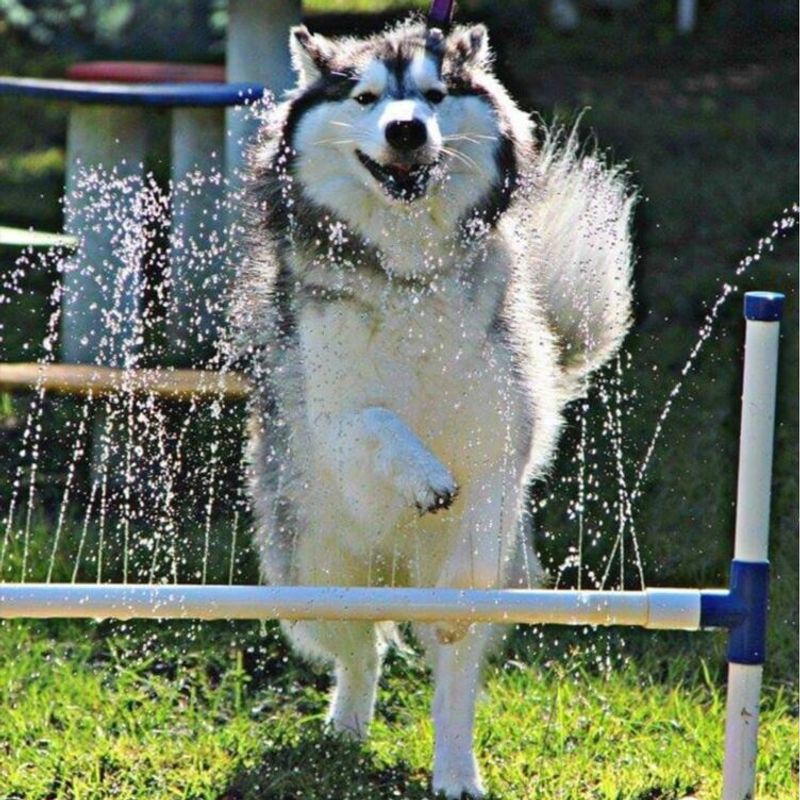
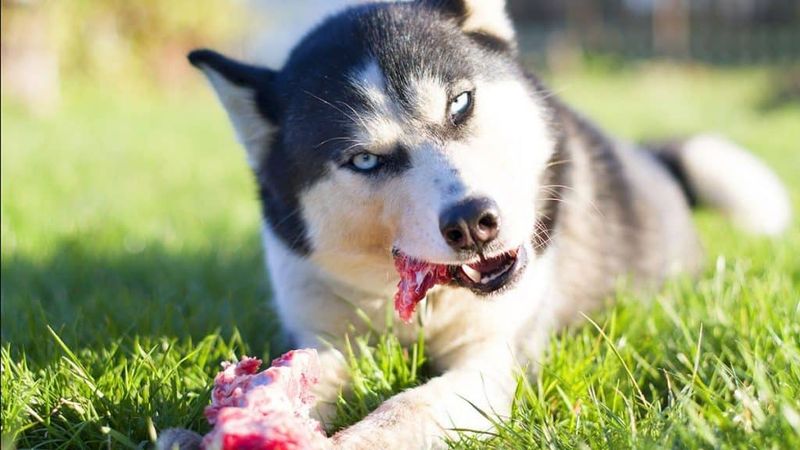
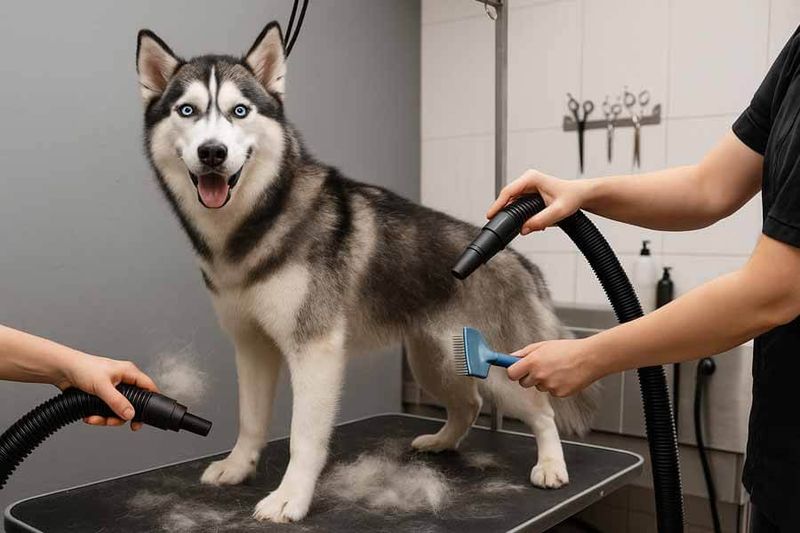
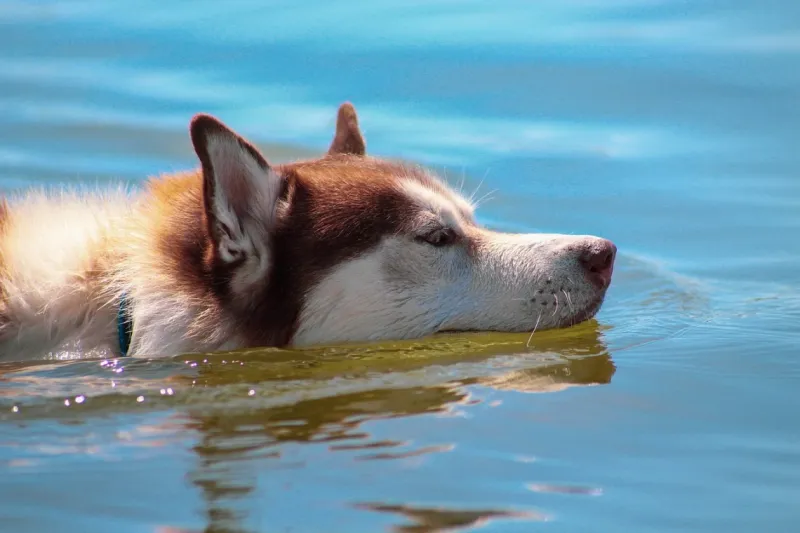
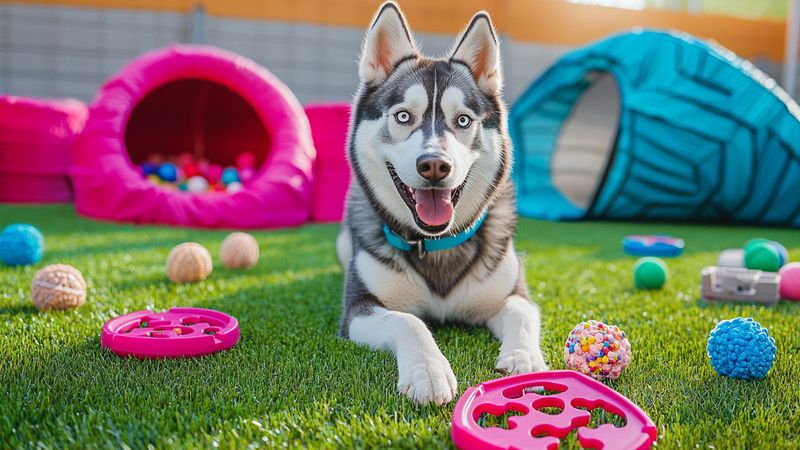
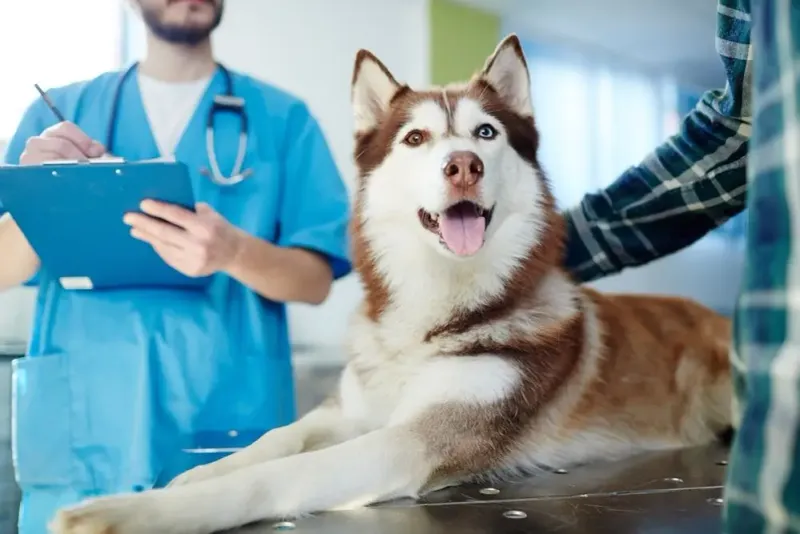
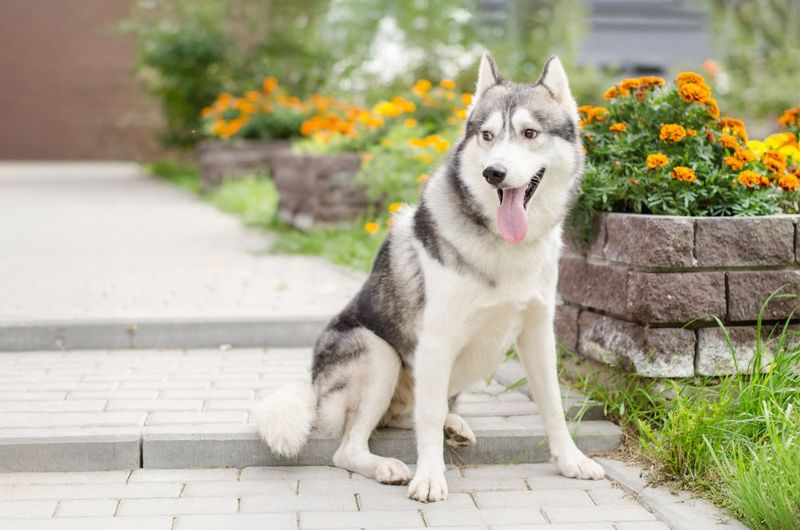
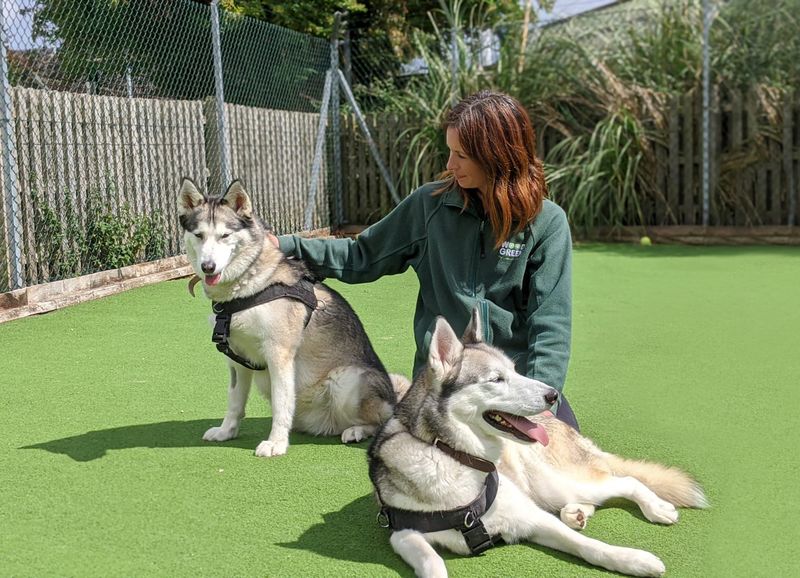
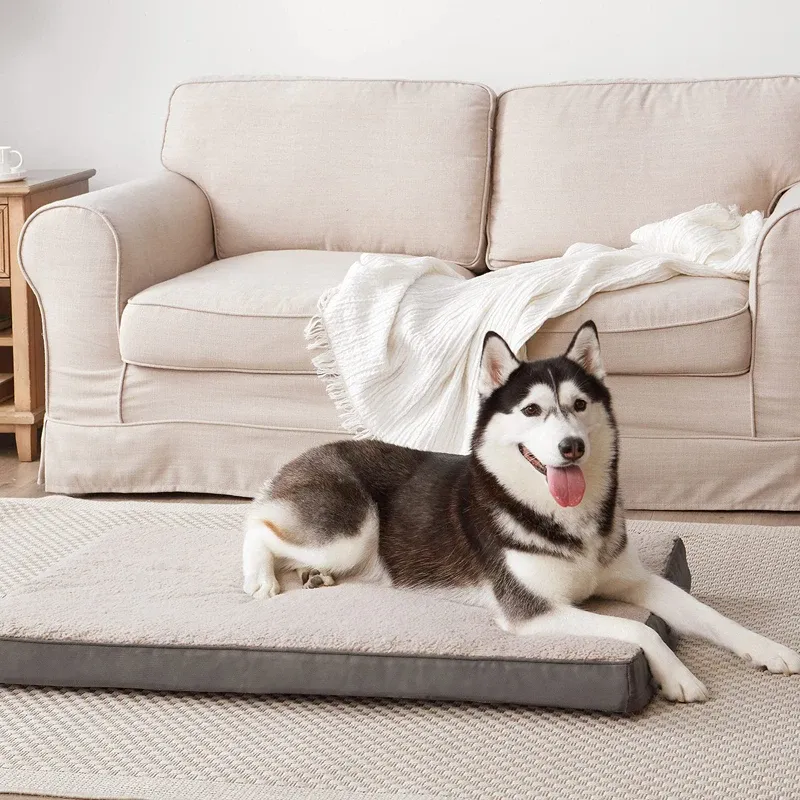
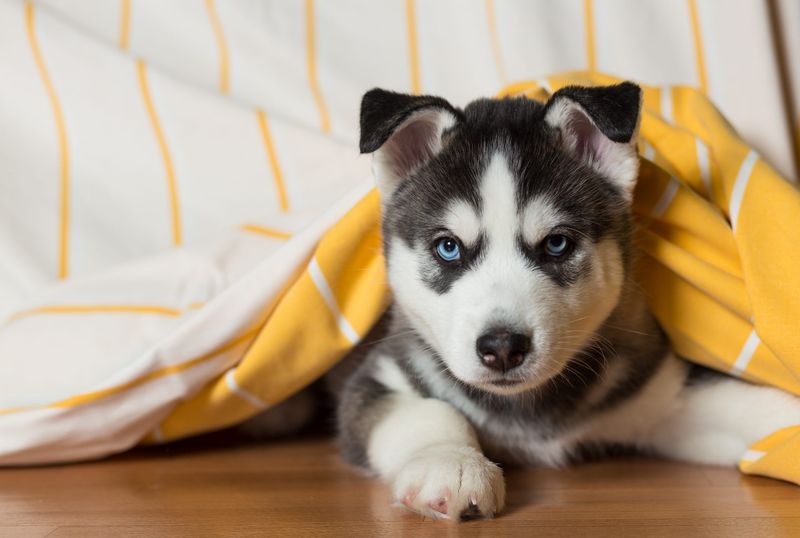
Comments
Loading…